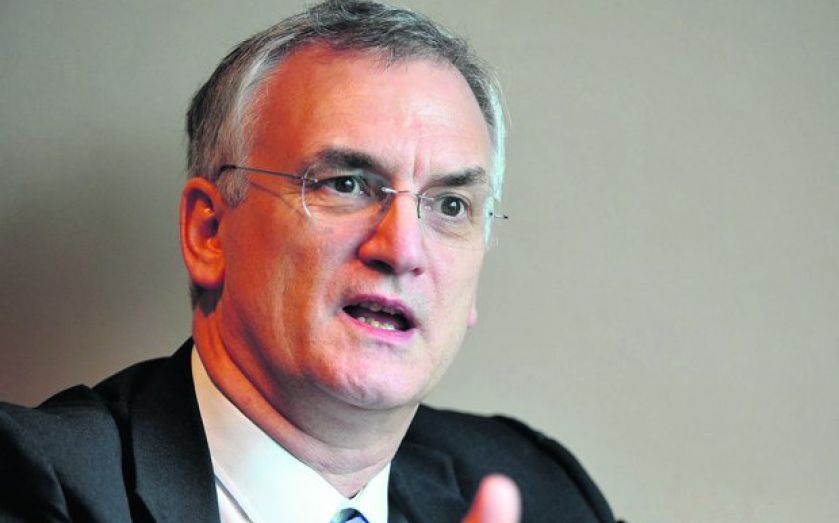Gilts hit by new rigging scandal

A NEW rigging scandal reared its head in the City yesterday, after it was revealed that an alleged attempt by traders to fix pricing in government bond markets has been under investigation since 2011.
The Bank of England’s director of markets Paul Fisher told a panel of MPs that the central bank had passed details of a potential case of market manipulation onto the City watchdog, following a suspicious movement in price ahead of an October 2011 auction.
Although the Financial Conduct Authority (FCA) declined to comment on any ongoing investigations, Fisher said that he would expect serious consequences if any attempt to rig markets were proven. The case relates to a reverse auction in October 2011 when a sharp rise in the price of the 10 gilts for sale led to the Bank refusing to purchase that bond.
“It was very obvious to us what was happening because one gilt was moving in the opposite direction to other gilts in the market, so there was a clear signal,” Fisher said.
Fisher said that the Bank’s decision to pull out of the auction sent the right message to anyone trying to rig prices. “We do pay a lot of attention to market moves and that was taken as a shot across the bows,” he said.
The Bank’s £375bn programme, known as quantitative easing (QE), involves buying assets in an attempt to give the economy a boost.
Conservative MP Andrea Leadsom, who was leading questions about the incident, said that she wanted to know whether bankers who were benefiting from QE could have been influencing the market for their own financial benefit. The latest investigation comes just a year after a probe into the fixing of Libor – the interbank lending rate – and amid ongoing investigations into the oil and foreign exchange markets.
During his testimony, Fisher also said the Bank faced a big challenge in winding down QE, and warned the process could disrupt markets.
“It is the biggest challenge we will have had for 50 or 60 years,” he said, citing Fed chairman Ben Bernanke’s recent comments as an example of how markets could react.
“Can I say there’s not a risk of some disturbances? No I can’t because we have seen what has happened on just a small bit of news from the States.”